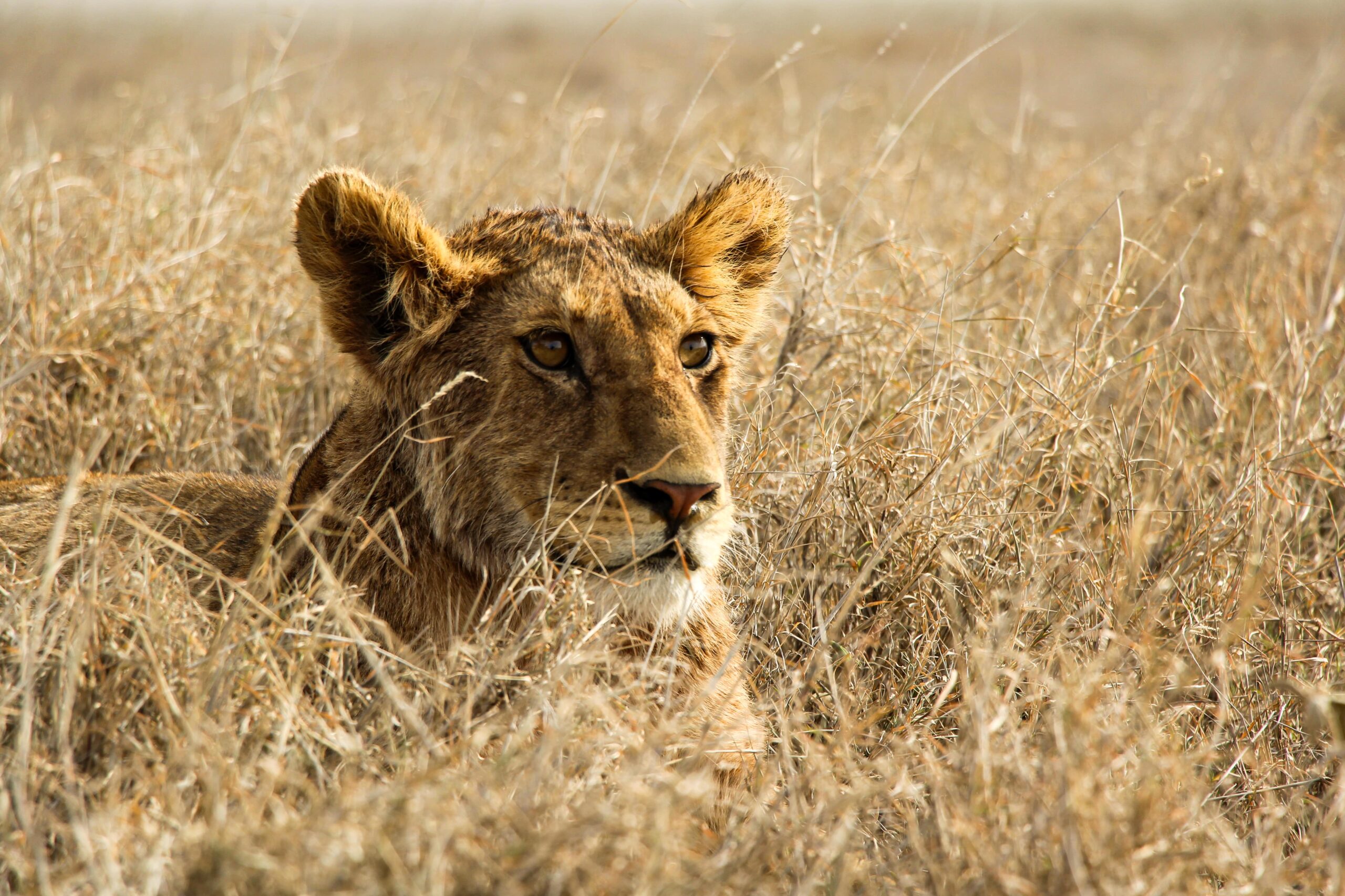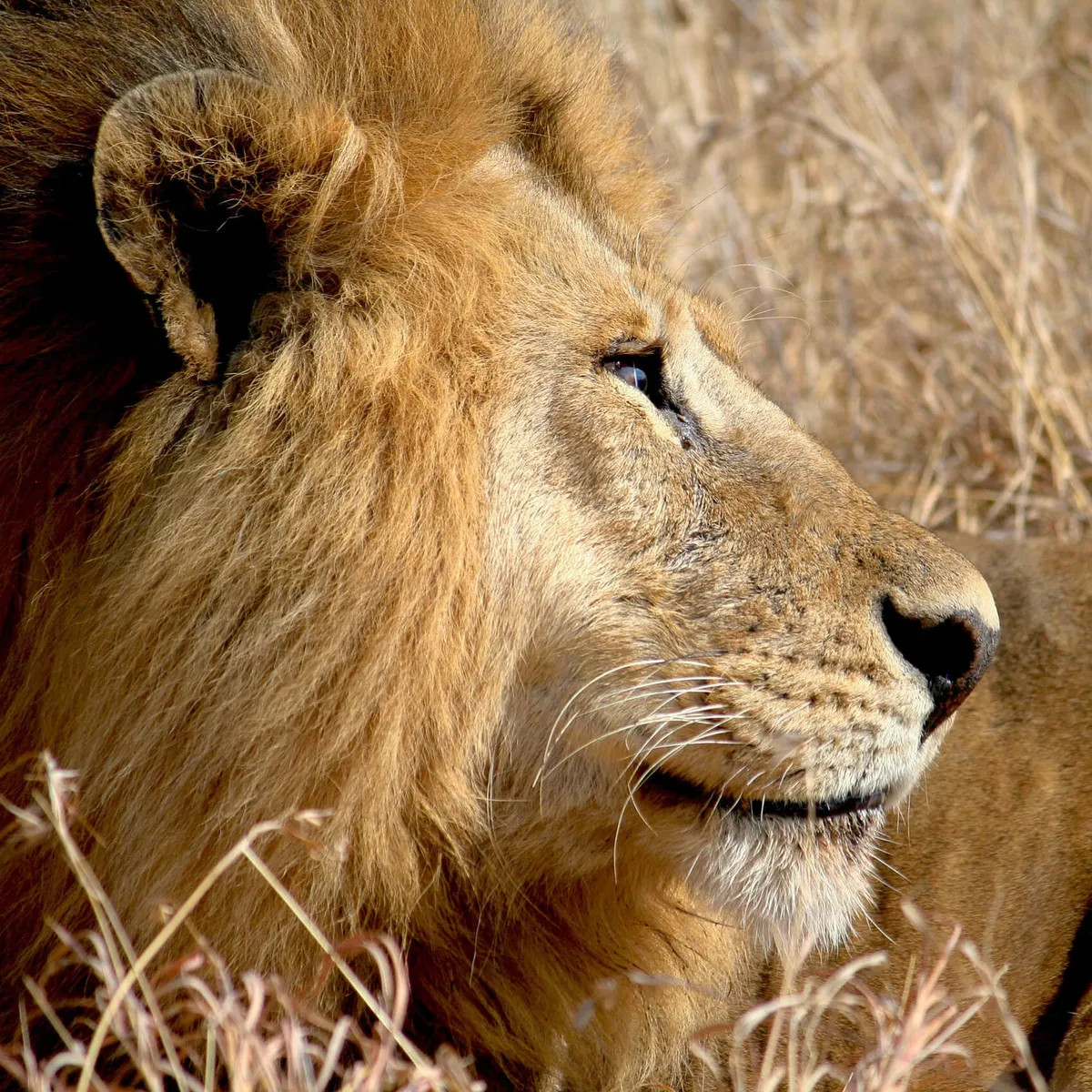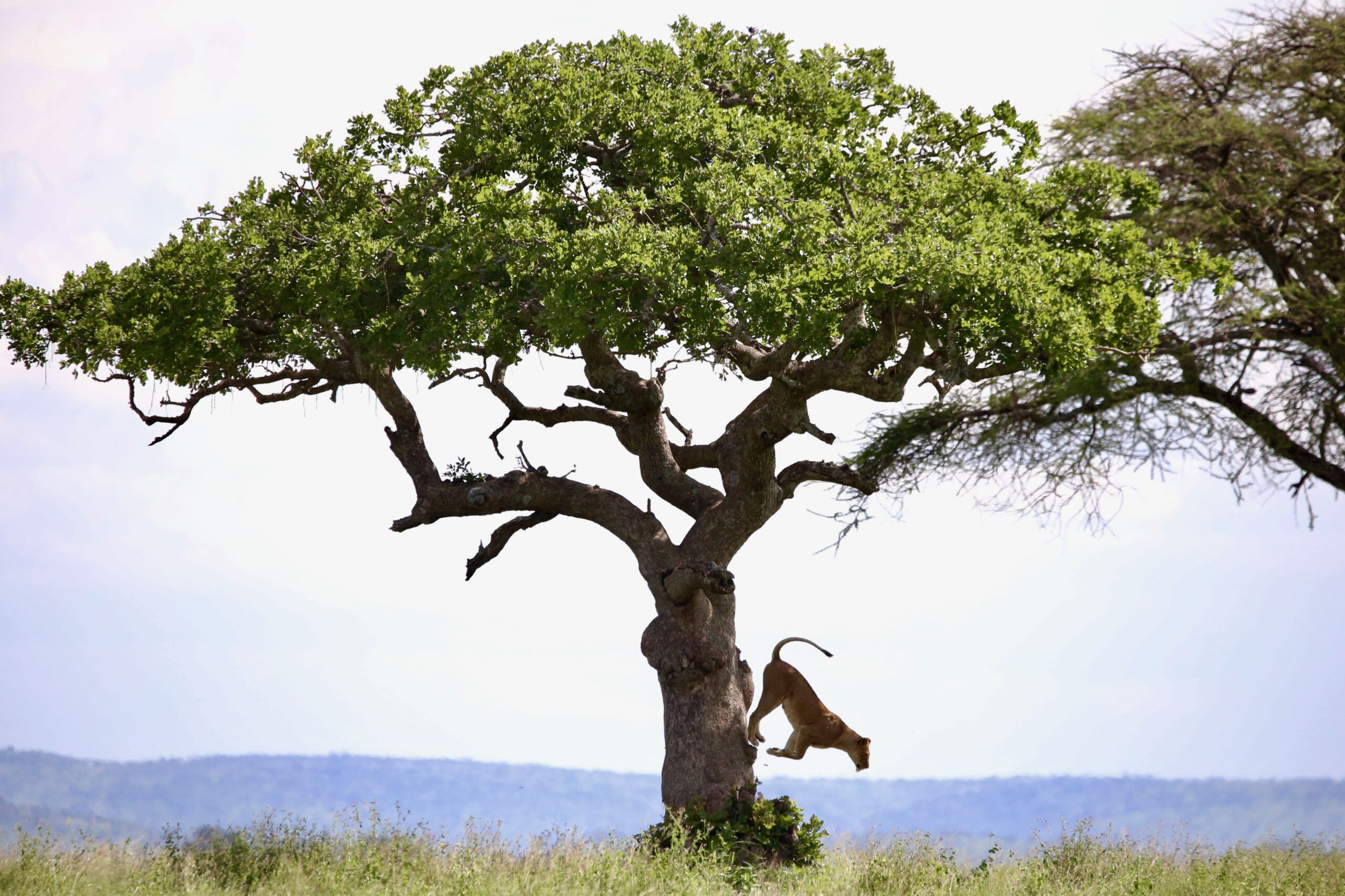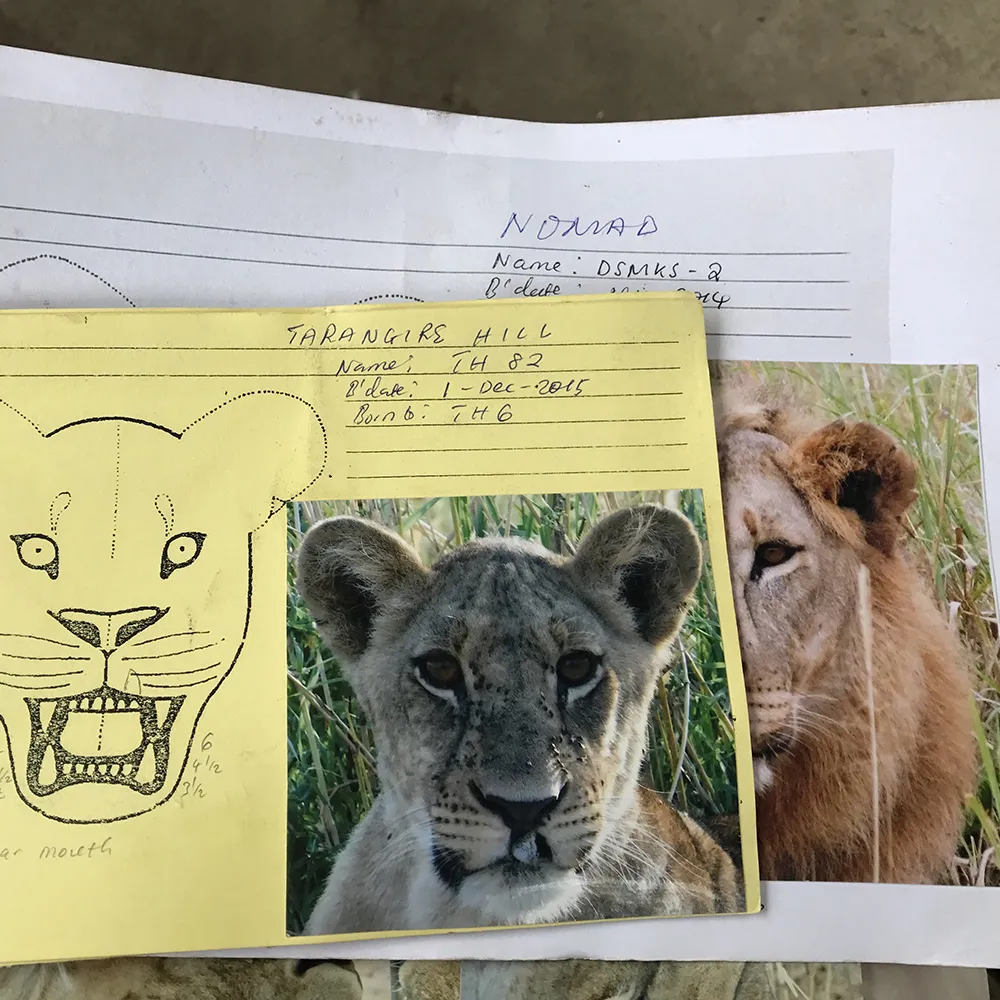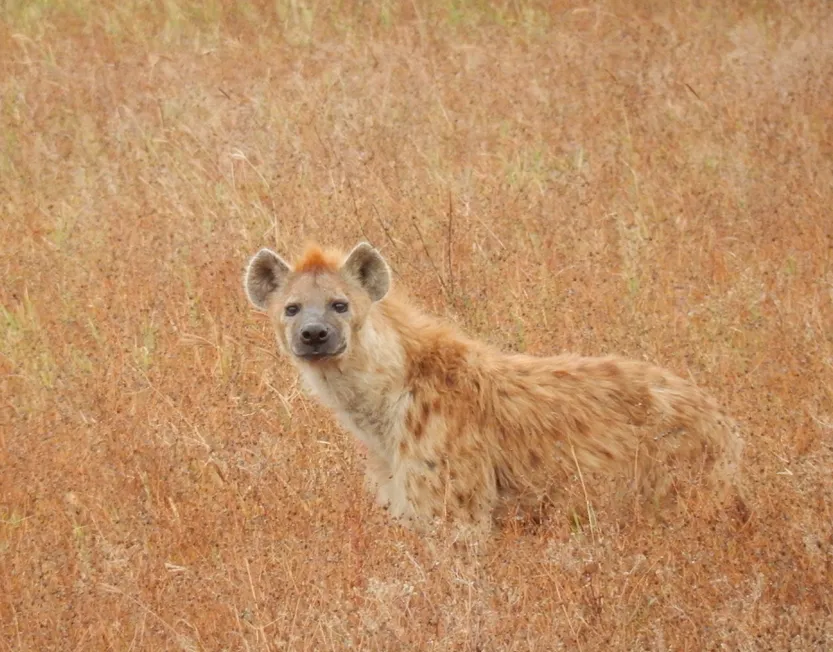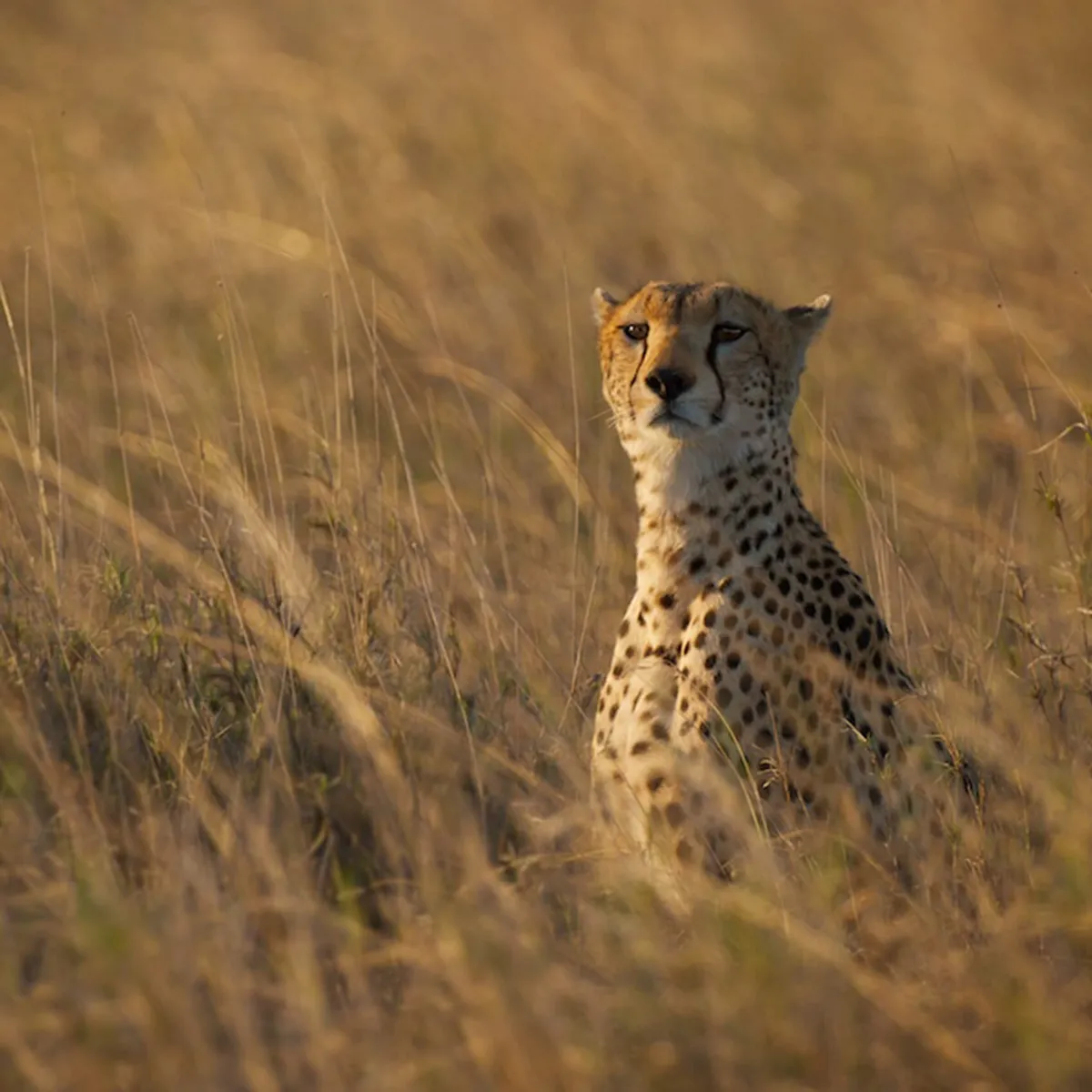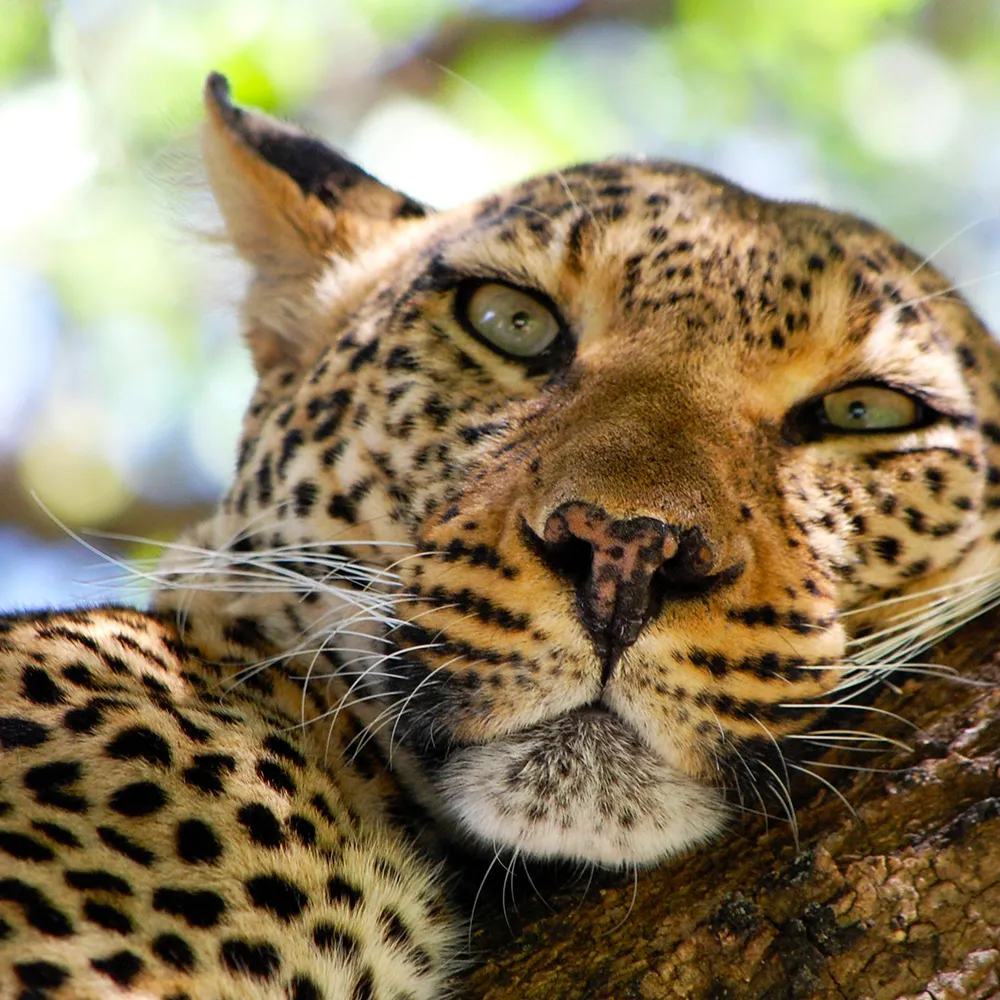
Program Costs
- Tuition
- Room & Board
- Total
Application Deadlines
Resources
Carnivores of the African Plains
Tanzania is home to more than 35 species of carnivores, including the African lion, cheetah, leopard, spotted hyena, and wild dog – all of which are on the IUCN Red List. Study the behavioral ecology and conservation challenges facing these incredible creatures, while observing some of Africa’s largest remaining carnivore guilds up close.
- Embark on a multi-day camping expedition in Serengeti National Park, participating in field lectures and exercises to learn the dynamics of the carnivore guilds of the Serengeti
- On a second camping expedition, visit Tarangire and learn the behavioral ecology of the African lion at the Tarangire Lion Project field research station. Here you will interact with leading lion experts and experience first-hand the crucial role of field techniques such as radio telemetry in carnivore research and conservation in Africa.
- Deepen your understanding of policy and legal frameworks’ influence on environmental conservation and wildlife management paradigms over time.
Academics
This academically rigorous program follows a six-day/week schedule. Each program combines theory learned during classroom sessions with field-based applications. The interdisciplinary curriculum is designed to help students actively discover and understand the complexities of environmental, social, and economic issues in Tanzania.
Major academic themes include:
- Carnivore behavioral ecology
- Predator-prey interactions
- Human-wildlife conflict
- Wildlife and natural resource management
Courses
On the Carnivores of the African Plains program, you will take one 4-credit course. This course is participatory in nature and is designed to foster inquiry and active learning combining lectures, field exercises, assignments, and tests. This course is taught in English.
African Large Carnivores: Ecology and Conservation
This four-week course will focus on the behavioral ecology and conservation of large carnivores in Africa using northern Tanzania as a case study. SFS Center for wildlife management studies in Tanzania is an ideal location to explore the ecological and human dimensions of large carnivore conservation. The center is located between the Ngorongoro-Serengeti (NSE) and Tarangire-Manyara (TME) ecosystems in northern Tanzania. Both ecosystems have largely intact carnivore guilds that occur within and outside the protected areas. Large carnivores are one of the main attractions in the vibrant photographic tourism industry. In addition, large carnivores attract high premiums among the trophy hunters in the area. Despite the high economic values, carnivores in northern Tanzania are under immense threats from human-related effects such as habitat loss, and conflicts with pastoralists. To address these challenges, large carnivores have attracted high interest among conservationists, researchers, and scientists in northern Tanzania. African wild dogs, African lions, spotted hyenas, cheetahs, and leopards have received high attention due to their charismatic appeal and the manifold threats facing them. Among those species, lions, and leopards are among the big five and are highly sought after by trophy hunters. To address the conservation threats and better understand the ecology of these large carnivore species in northern Tanzania, several conservation and research projects have been initiated. These include the Tarangire Lion Research Project in Tarangire/Manyara National Parks and the surrounding areas, the Kope Lion Project in Ngorongoro Conservation Area, and species-specific projects in Serengeti National Park focusing on the lion, cheetah, spotted hyena, and African wild dog.
Core Skills
You will gain practical skills in the field such as: animal behavior observation, radio telemetry and camera trapping, species identification, wildlife census techniques, basic Swahili language skills, and quantitative and qualitative data collection and analysis.
Field Sites
You will visit different ecosystems and communities which may include national parks and wildlife management areas, the vast plains of the Serengeti, Tarangire Lion Project, rural villages, Indigenous Iraqw, Hadzabe, and Maasai communities, freshwater wetlands around Lake Manyara, wildlife migratory corridors, the volcanic caldera of Ngorongoro, and ranches and farms.
Other Tanzania Programs
Wildlife Management Studies
More Information
Program Costs
- Tuition
- Room & Board
- Total
Fundamentals of Wildlife Management
More Information
Program Costs
- Tuition
- Room & Board
- Total
Carnivores of the African Plains
More Information
Program Costs
- Tuition
- Room & Board
- Total



